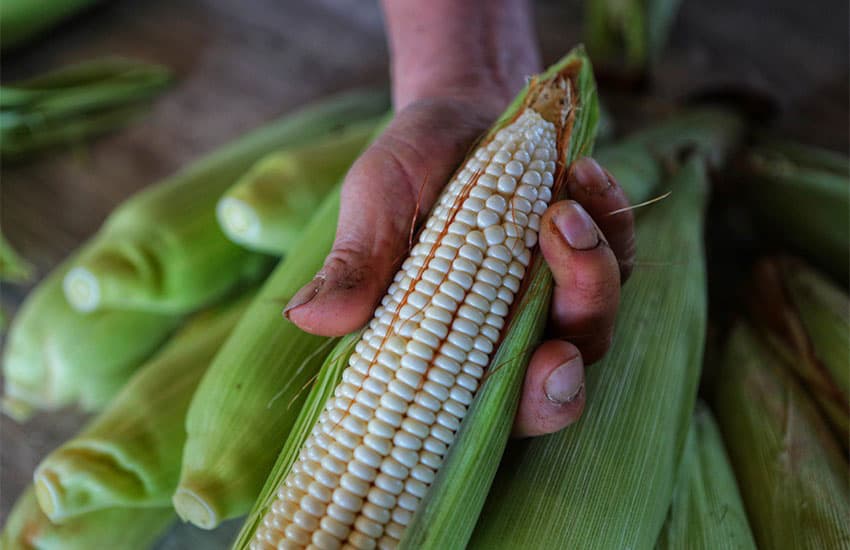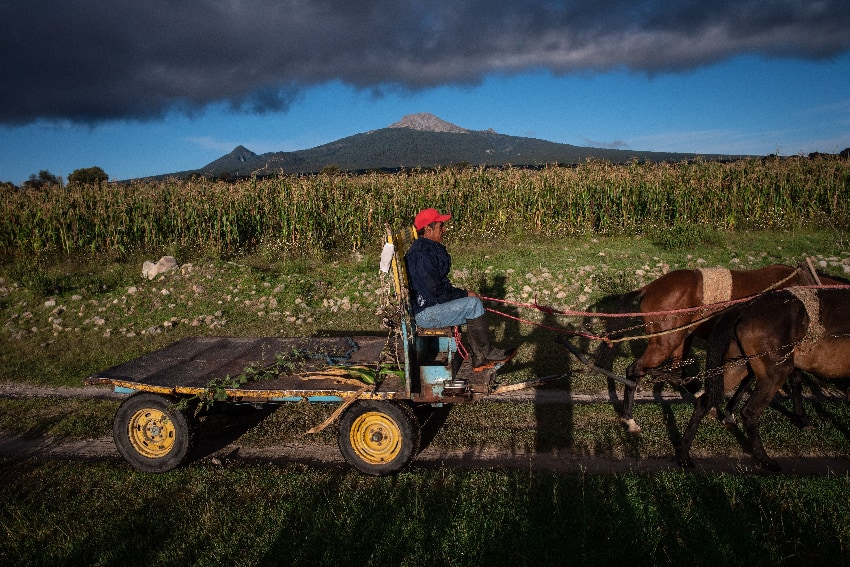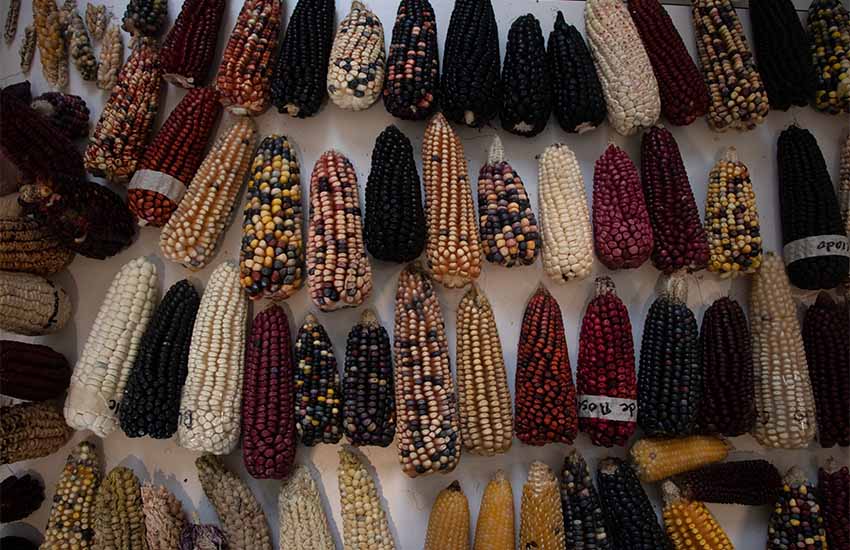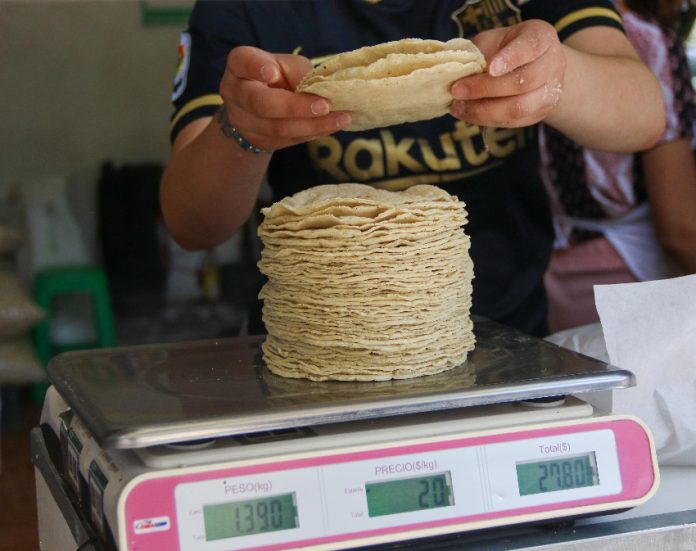The federal government has imposed a 50% tariff on white corn imports in an effort to limit human consumption of genetically modified (GM) maize.
The hefty tariff on maíz blanco harinero – white corn used to make corn flour – took effect Saturday, a day after the measure was announced in a presidential decree.

The tariff, which ends access to cheap white corn imports, is scheduled to remain in force until Dec. 31, 2023, after which Mexico intends to ban the importation of GM maize for human consumption.
The decree also extends until the end of the year a 50% levy on white corn exports that was due to expire this week. That measure is aimed at encouraging Mexican producers to sell their harvests locally.
A 20% tariff had applied to white corn imports, but the government removed that levy – and other duties on basic foodstuffs – in January in an attempt to put downward pressure on consumer prices as high inflation continued to afflict the country.
However, the decree published on Friday said that “the exemption of the tariff on the importation of white corn … has not generated a significant impact on the decrease in prices in the national market.”

Therefore, doing away with the exemption is “appropriate,” said the decree issued by President López Obrador, an outspoken critic of GM corn.
Mexico buys some foreign-grown white corn, but local production easily outweighs imports. Agriculture Ministry data shows that Mexican farmers produced almost 23 million tonnes of white corn in 2022, while imports totaled just 614,000 tonnes between January and October last year. Only a small quantity of domestic production is sent abroad.
In May 2023, Mexico imported 67,000 tonnes of white corn from the United States and 258,000 tonnes from South Africa.
López Obrador, who asserts that the consumption of GM corn is harmful to human health, said last week that the government had found that some supposedly non-GM white corn imports from South Africa were in fact genetically modified. “We have proof,” he said last Monday.

While white corn imports from the United States are not significant, the imposition of a 50% tariff could complicate the trade dispute Mexico has with that country over its plans to end imports of GM maize destined for human consumption by 2024, and phase out imports of GM yellow corn used as animal feed over an unspecified period.
Achieving the latter aim won’t be easy as Mexican farmers have long relied on United States-grown yellow corn as fodder. The United States government and U.S. corn producers are vehemently opposed to the move, which is unsurprising given that exports of U.S. yellow corn to Mexico are worth about US $3 billion a year.
According to agriculture consultancy Grupo Consultor de Mercados Agrícolas (GCMA), the imposition of a tariff on white corn violates the United States-Mexico-Canada Agreement (USMCA), the free trade pact that superseded NAFTA in 2020.
The U.S. government requested dispute settlement consultations with its Mexican counterpart on June 2, explaining that its concern was with “measures set out in Mexico’s February 13, 2023 decree, specifically the ban on use of biotechnology corn in tortillas or dough, and the instruction to Mexican government agencies to gradually substitute — i.e., ban — the use of biotechnology corn in all products for human consumption and for animal feed.”
United States Trade Representative Katherine Tai said at the time that the U.S. had “repeatedly conveyed its concerns that Mexico’s biotechnology policies are not based on science and threaten to disrupt U.S. exports to Mexico to the detriment of agricultural producers, which in turn can exacerbate food security challenges.”

The government of Canada announced June 9 that it would participate as a third party in the dispute settlement consultations initiated by the United States. The U.S. government can request the establishment of a dispute settlement panel to make a ruling if the consultations don’t resolve the conflict within 75 days.
GCMA asserted that the 50% tariff on white corn imports is a “distraction measure” designed by the federal government to “avoid attending to the crisis” faced by corn producers in Mexico’s north, who have been calling on authorities to raise the guaranteed minimum prices for grain.
While López Obrador said last week that he aims to eliminate the use of imported white corn by tortillerías (tortilla shops), GCMA general director Juan Carlos Anaya highlighted that imported white corn is used to make corn flour rather than “nixtamal tortillas” – tortillas made from grain soaked and cooked in an alkaline solution. Most tortillerías in Mexico use the nixtamalization process to make tortillas.
Anaya also said that the 50% tariff will give the United States and Canada “more reasons” to request convening a dispute panel under USMCA.
López Obrador acknowledged last week that the U.S. “might take us to a panel,” but indicated that Mexico wasn’t willing to change its position as the use of GM corn in products destined for human consumption is “a matter of public health.”
With reports from El Economista, Reforma, AP, Reuters and El Universal
